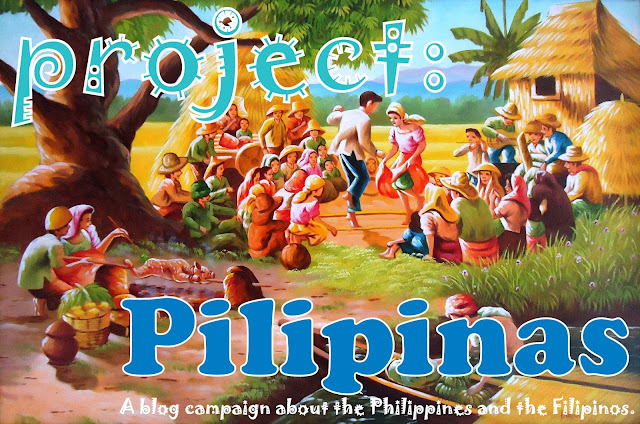You’ll often see them. You’ll buy from them. But when they become part of the news, you’ll get to hate them – some of you. They are people like us who simply wants to earn a living. They have a family to feed. This is the business they call “marangal” (dignified). And we call them… Sidewalk Vendors Let me define what (or should I say “who”) a sidewalk vendor is. Here in the Philippines, there is a notion that if you’re a sidewalk vendor, you mostly likely belong to the lower class of the society. For one reason, why sell on the sidewalks or streets of Metro Manila and other cities if you can sell on approved places particularly the market. For another, selling in the street on a daily basis is a risky activity – you’re prone to illnesses, effects of air pollution, dangers from vehicles passing by, and unsafe condition of your store or shop. In a third-world country where job opportunities are scarce for people with lower educational attainment, there is no reason to doub...
